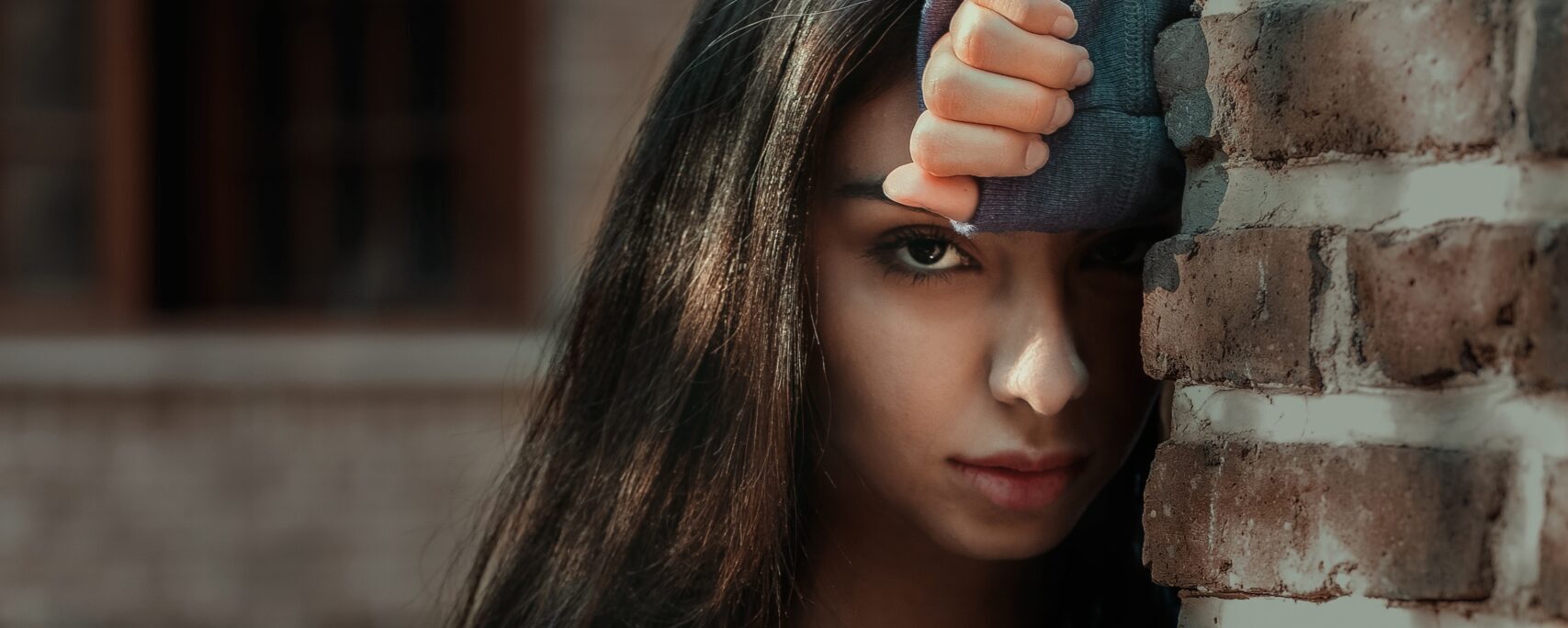Advocacy and Empowerment for Adolescent Girls During the Coronavirus Pandemic
Deborah A. Stiles and Jessica Walsh
Adolescent girls have been shown to be among the hardest hit populations from the coronavirus pandemic. In fact, one study showed that the factor associated with the worst COVID-19 mental health outcomes was female gender. Among adolescent females are those who identify as cisgender girls, transgender girls, or non-binary individuals who are exploring their gender identity or expression.
The largest organization for empowering adolescent girls is the World Association of Girl Guides and Girl Scouts (WAGGGS). Representing ten million Girl Scouts and Girl Guides from 152 countries, WAGGGS seeks to create, “a world where all girls are valued” and “to create a safe and supportive environment in which girls can develop their potential, free from judgement, stereotyping and violence.” In a statement WAGGGS observed that “as with so many crises – COVID-19 is disproportionately affecting girls and women.” Since 2007, WAGGGS has been the charity of choice for International Women’s Day, which is held each year on March 8. This year, on March 8, 2022, the International Women’s Day organization and Girl Guides and Girl Scouts are working together to raise awareness aboutgender equality and “breaking” gender bias, discrimination, and stereotypes. On International Women’s Day, WAGGGS asks us to imagine a world that is diverse, equitable, and inclusive and requests that we join #BreakTheBias.
COVID-19 has taken its toll on adolescent girls, placing them at greater risk for experiencing gender-based oppression, discrimination, violence, loss of education, child marriage, suicide attempts, and worsening mental health. Organizations such as Girl Guides and Girl Scouts, UNICEF, Girls Inc., Girl Up, Girls on the Run, and the Malala Fund are working hard to advocate for and empower individuals who identify as adolescent girls.
During the pandemic, adolescent girls have been exposed to gender-based violence and other terrible ordeals. During COVID lockdowns, some girls found themselves confined at home with a violent abuser. School closures meant that some adolescent girls found themselves impacted by food insecurity which pushed them to have sex with older men in exchange for money or food. A study in Spain compared pre- and post-pandemic suicide attempts amongadolescents. While unchanged for boys, the rates of suicide attempts increased substantially for girls.
According to WAGGGS, UNICEF, and the Malala Fund, school closures due to the COVID-19 pandemic could lead to millions more girls dropping out before they complete their education. Girls living in poverty are especially at-risk for dropping out. The suspension of both educational and non-formal education activities can lead togirls being asked to stay at home.
Girls may be forced into early marriage and may never return to school at all. Children have a right to education. Article 29 of the U.N. Convention on the Rights of the Child states that, “Children’s education should develop each child’s personality, talents, and abilities to the fullest.”
According to WAGGGS, “If the COVID-19 pandemic showed us anything, it is the need for positive mental health activities and interventions. With widespread lockdowns, separation from friends, social unrest, and a long-termpause on many social activities and routines, Girl
Scouting has provided a haven for girls. Girl Scouts has long worked to help girls become young women of courage,confidence, and character, giving them the life skills to be successful in life.”
Another organization that supports the mental health of adolescent girls is Girls Inc. They stated the following about mental health, “Supporting girls’ mental health boosts their ability to lead healthy, fulfilling, and meaningful lives. Girls Inc. provides girls with a sisterhood of support, long-lasting mentoring relationships, and programs and experiences that foster positive mental health.”
According to Erik Erikson, the stage of adolescence is often a time of identity confusion. Most girls say that Girl Scouts is “an accepting, safe space where they feel free to be themselves and where leaders and other girls are sources of support during difficult times.” Safety and social support are especially important for adolescents exploring their gender identities. Researchers from the Columbia University Department of Psychiatry have found that the Transgender and Non-Binary (TGNB) community have been adversely affected by COVID-19 due in part to the“diminished access to social support, which is crucial to protecting against the effects of stigma and discrimination.”
In conclusion, COVID-19 has had an adverse effect on the mental health, well-being, and future lives of adolescent girls. There are several not-for-profit organizations that have the mission of advocacy and empowerment for adolescent girls. With more than 10 million members worldwide, the World Association of Girl Guides and Girl Scouts is the largest organization. On March 8, 2022 (International Women’s Day), we call upon international psychologists to “break the bias” and support all girls’ mental health, well-being, personal safety, psychological resilience, education, and opportunities.

